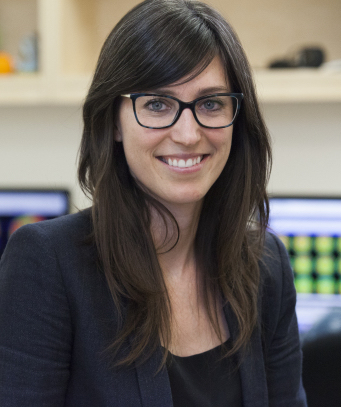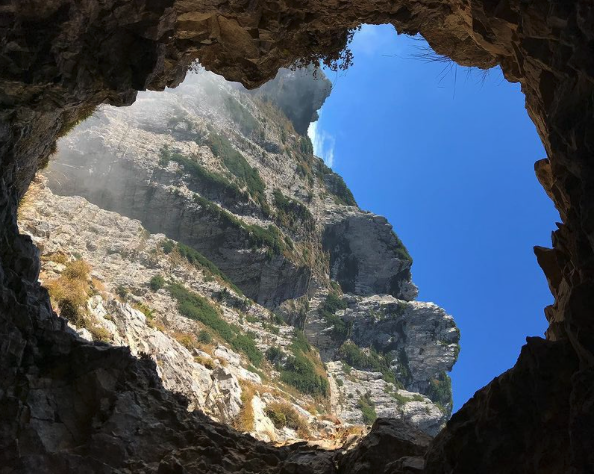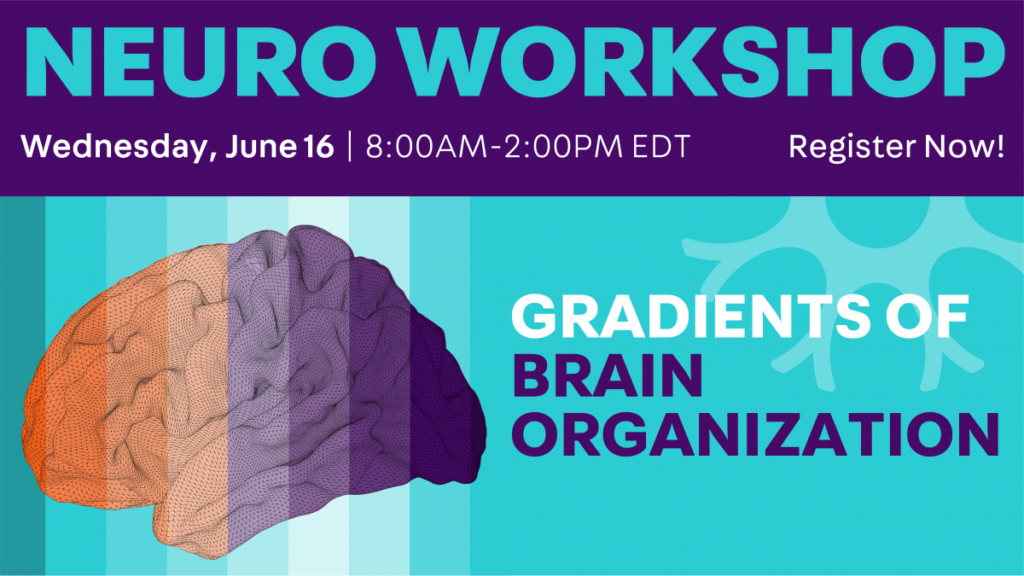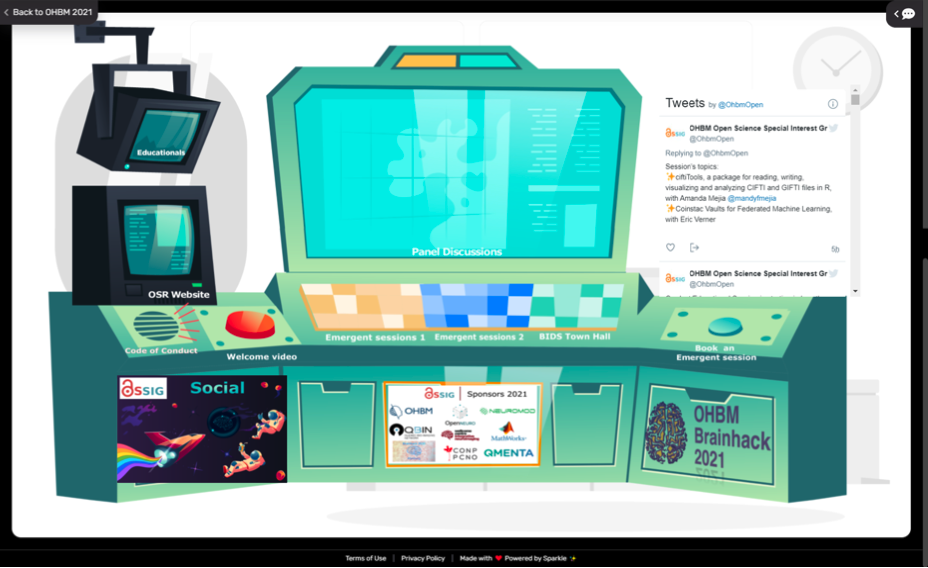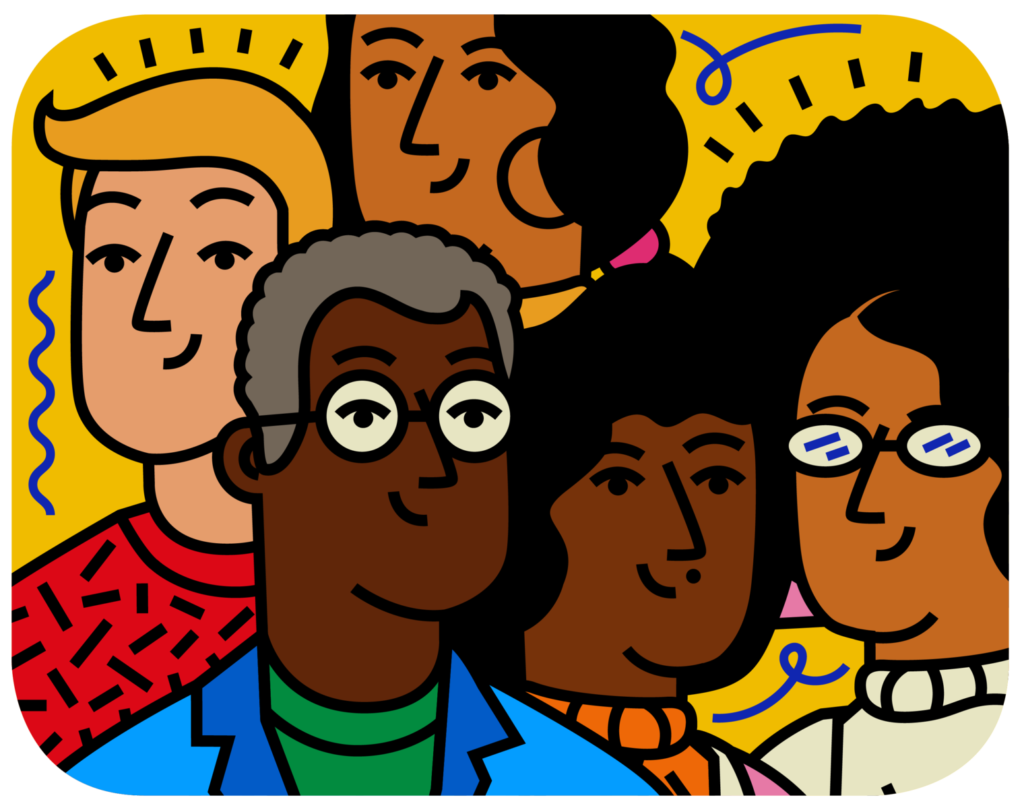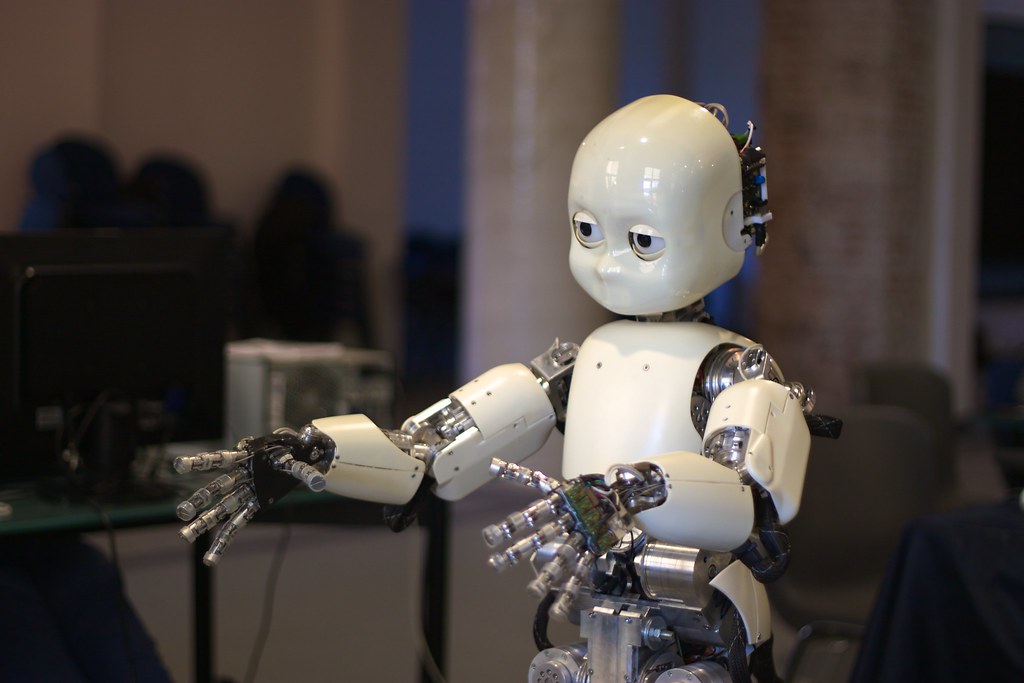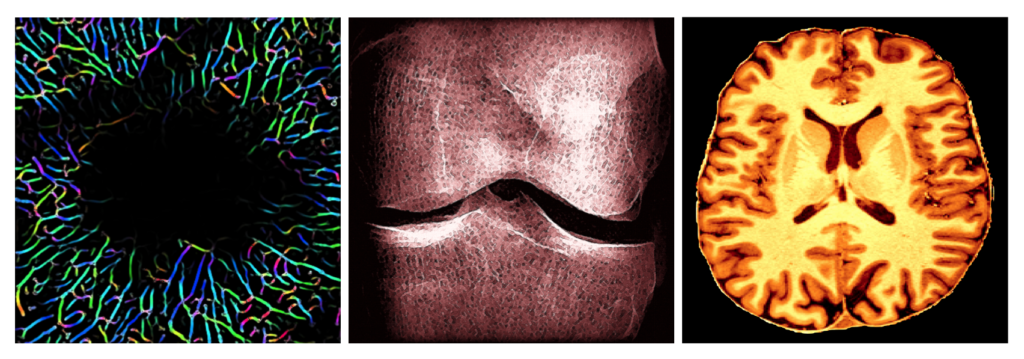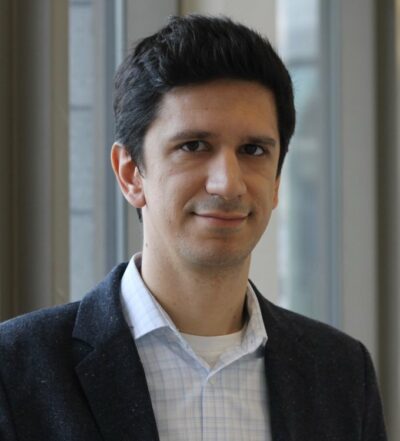Lumière sur une étoile montante : une conversation avec Sylvia Villeneuve
Exceptionnellement cette année, le RBIQ décernera le prix Étoile montante en bio-imagerie au Québec à deux professeurs, Sylvia Villeneuve et Hassan Rivaz. Ils présenteront leurs travaux lors de la Journée scientifique du RBIQ 2022 à Sherbrooke le 2 juin avec le conférencier William Feindel de cette année, Louis Collins. Afin d’en apprendre davantage sur leurs recherches et intérêts, l’équipe du blogue du RBIQ a réalisé une entrevue avec chacun d’entre eux. Restez à l’affût pour les entrevues avec Hassan Rivaz et Louis Collins qui suivront bientôt, mais d’abord profitez de cette entrevue avec Sylvia Villeneuve!

